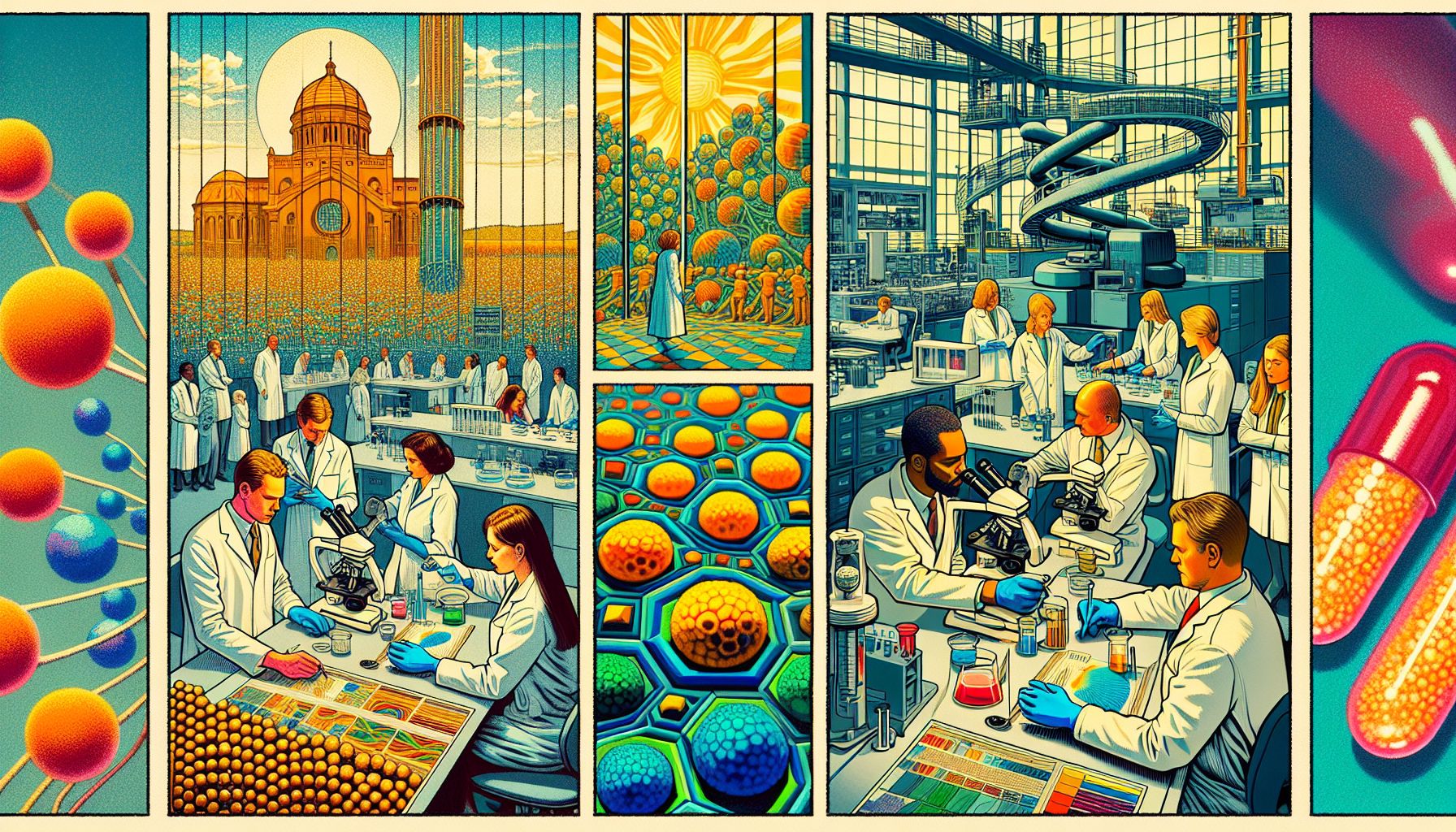dutch scientists use ai to create life from inanimate biomolecules

A team led by TU Delft is pioneering the creation of synthetic cells from lifeless biomolecules using artificial intelligence and laboratory evolution, funded by a €40 million grant.
The Ambitious EVOLF Project
The research program, titled ‘Evolving life from non-life’ (EVOLF), has garnered significant attention not only for its ambitious goal but also for the caliber of institutions involved. Partnering with TU Delft in this endeavor are notable Dutch establishments such as AMOLF, Rijksuniversiteit Groningen, Radboud Universiteit, Wageningen University & Research, Hubrecht Instituut, and VU. The project aims to construct a synthetic cell capable of autonomous replication, communication, and evolution—a feat that could redefine our understanding of life itself.
The Intersection of AI and Laboratory Evolution
Key to this groundbreaking research is the integration of artificial intelligence and laboratory evolution. AI allows researchers to efficiently scan and optimize complex biochemical networks, while laboratory evolution simulates natural selection processes to refine these synthetic systems. According to Cees Dekker of TU Delft, the combination of these technologies enables the fine-tuning of parameters that would be otherwise impossible to manage manually. This iterative process aims to bridge the gap between non-life and life, potentially leading to a synthetic cell that can replicate and evolve independently.
Ethical Considerations and Responsible Research
The project is not solely focused on the scientific challenges but also on the ethical implications of creating synthetic life. Dekker highlights that philosophers and humanities scholars will collaborate with natural scientists in a ‘living lab’ to establish new definitions of life and guidelines for responsible research. This multidisciplinary approach ensures that the creation of synthetic life is accompanied by robust ethical frameworks, addressing concerns about human control over synthetic organisms.
Impact on Medicine, Healthtech, and Agritech
While the immediate focus is on the fundamental science, the potential applications of this research are vast, spanning medicine, healthtech, and agritech. In medicine, synthetic cells could lead to new forms of drug delivery systems, targeted therapies, and even tissue regeneration. In the realm of healthtech, biosensing technologies developed in conjunction with synthetic cells could revolutionize diagnostics and personalized medicine. Agritech could benefit from synthetic cells designed to optimize nutrient uptake or resist pests. The consortium’s work promises to open new frontiers in multiple fields, leveraging synthetic biology to solve pressing global challenges.
Funding and Future Prospects
The €40 million grant from the Dutch Organization for Scientific Research (NWO) under the Summit program is a testament to the project’s potential impact. This funding will support the hiring of 100 PhD candidates, postdocs, and technicians, ensuring that the EVOLF project has the resources needed to push the boundaries of synthetic biology. As the team embarks on this ten-year journey, the world watches with anticipation, keen to see whether they can indeed create life from non-life and what implications this will have for science and society.

